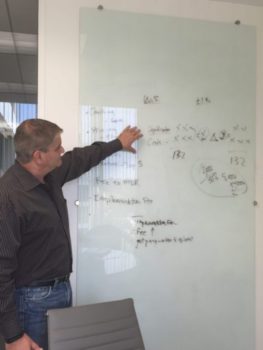
 There are a couple of similarities as well as a couple of differences between Chronic Care Management (CCM) and Care Plan Oversight (CPO).
There are a couple of similarities as well as a couple of differences between Chronic Care Management (CCM) and Care Plan Oversight (CPO).
Medicare only pays for CPO for beneficiaries who are receiving Medicare home health or Medicare hospice.
CPO is similar to CCM because it requires tracking on task for non-face-to-face services, so a CCM time on task solution would be helpful.
Both CCM and CPO can be provided by non-physician care teams. However, the CPO care team is much more narrowly defined and has to be a very integral part of the physician practice. Most of the time spent on CPO is physician time.
Recapped below is some guidance on CPO.
Home Health CPO
Non-physician practitioners can perform CPO only if the physician signing the plan of care provides regular ongoing care under the same plan of care as does the billing for CPO and either:
- The physician and NPP are part of the same group practice; or
- If the NPP is a nurse practitioner or clinical nurse specialist, the physician signing the plan of care also has a collaborative agreement with the NPP; or
- If the NPP is a physician assistant, the physician signing the plan of care is also the physician who provides general supervision of physician assistant services for the practice.
Billing may be made for care plan oversight services furnished by an NPP when:
- The NPP providing the care plan oversight has seen and examined the patient;
- The NPP providing care plan oversight is not functioning as a consultant whose participation is limited to a single medical condition rather than multidisciplinary coordination of care; and
- The NPP providing care plan oversight integrates his or her care with that of the physician who signed the plan of care. NPPs may not certify the beneficiary for home health care.
Hospice CPO
The attending physician or nurse practitioner (who has been designated as the attending physician) may bill for hospice CPO when they are acting as an “attending physician”. An “attending physician” is one who has been identified by the individual, at the time he/she elects hospice coverage, as having the most significant role in the determination and delivery of their medical care. They are not employed nor paid by the hospice. The care plan oversight services are billed using Form CMS-1500 or electronic equivalent.
More health care article of Steven Lash are here.